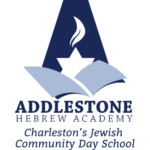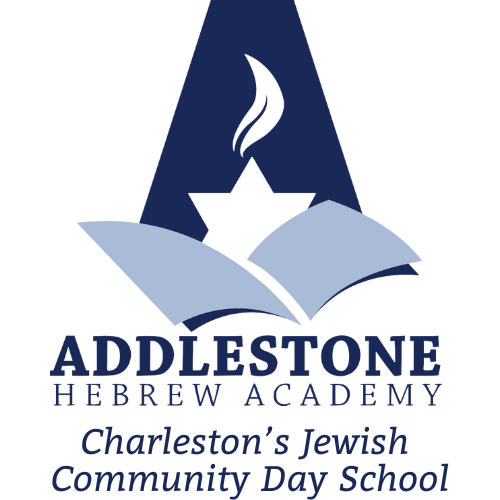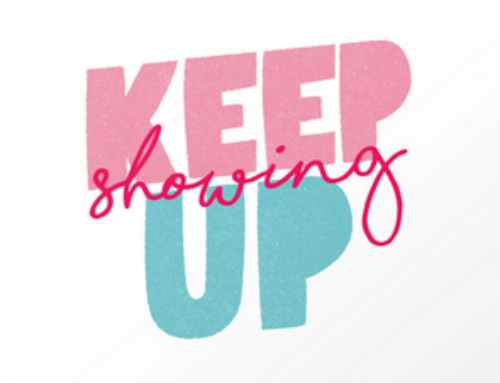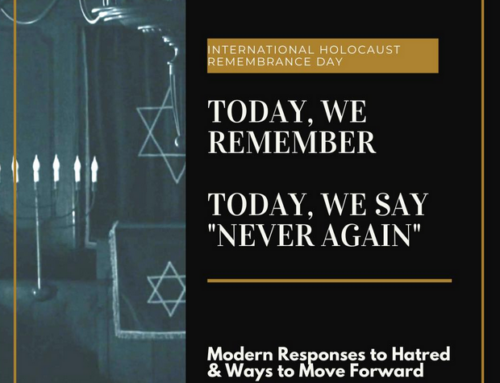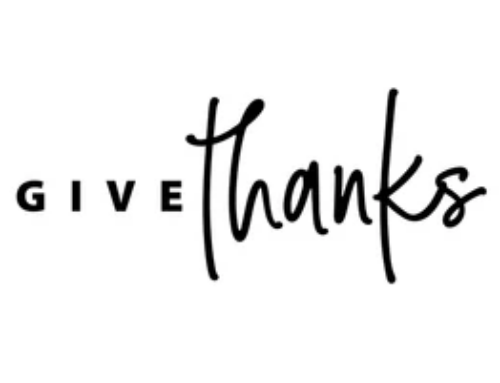
In this week’s Parsha, the Egyptian civilization started its decline. In what, at the time, must have been a change that largely went unnoticed, Paroh listened to advisors who urged him to abandon the successes ushered in by the “Joseph era” of financial prosperity for the country during the years of famine. He instead embarked on a slow and steady campaign to persecute his perceived enemies, first by using negative PR and propaganda, then financially, then with hard labor and slavery, and ultimately with selective genocide.
The Torah tells us that the lack of gratitude to Joseph and the lack of sensitivity to the value of life lead to Egypt’s ultimate downfall. When the plagues came, the rapid decline of Egyptian civilization was inevitable, but the seeds of its destruction were planted many years earlier by embracing policies that deadened people’s sensitivities to valuing the lives of others.
At this time, I want to mention how heartbroken we all are about the passing last night of Sandy Katz, a beloved member of the Charleston Jewish community. Her funeral will be held privately in Atlanta today at 1:00 pm and will be available for live-streaming here. We wish the entire Katz family our support and condolences during this difficult time.
One of the unintended consequences of a global pandemic may be the desensitization of people to loss of life because of the overwhelming occurrence of death becoming almost commonplace. This, combined with the societal inability to bury, grieve, and mourn the dead properly as a community, may numb us to the tragedy.
In our nation, it is not surprising that there is a lack of awareness and disconnect between harsh and violent rhetoric leading to harsh and violent action. Mishlei – Proverbs – tells us that life and death are impacted by speech. One could argue that the real weapons of modern warfare are not only guns and bombs but also the powerful oratory skills of leaders. Roosevelt, Churchill, Hitler, and Stalin were only able to win on the battlefield after motivating their people using their communication skills transmitted via media outlets.
In a Jewish school, we should not teach our children that “sticks and stones may break my bones but names will never hurt me”. A more Jewishly accurate approach would be “sticks and stones may break my bones and names will always hurt me”. I am sorry to say that we should probably add that “not only will the names hurt me, but I might turn around and use sticks and stones as a result of those names.” Avoiding loshon hora – harmful speech – is an even higher value than free speech to transmit to our children. In an era of social media when our voices are greatly amplified, it is even more important to remember not to turn “Facebook” into “in your Facebook” either by us and/or by our children.
May our community and our nation be blessed with true peace, health, and tranquility.
Shabbat Shalom,
Rabbi Elisha Paul
